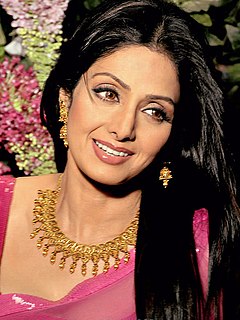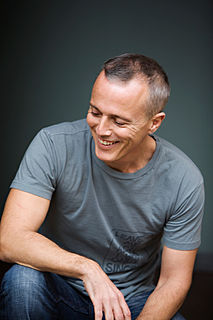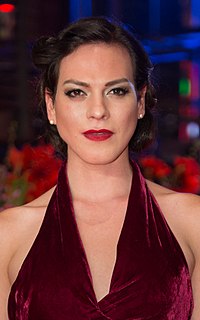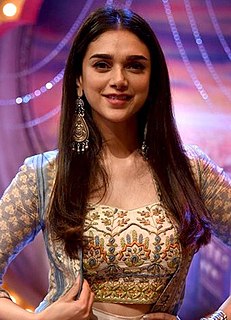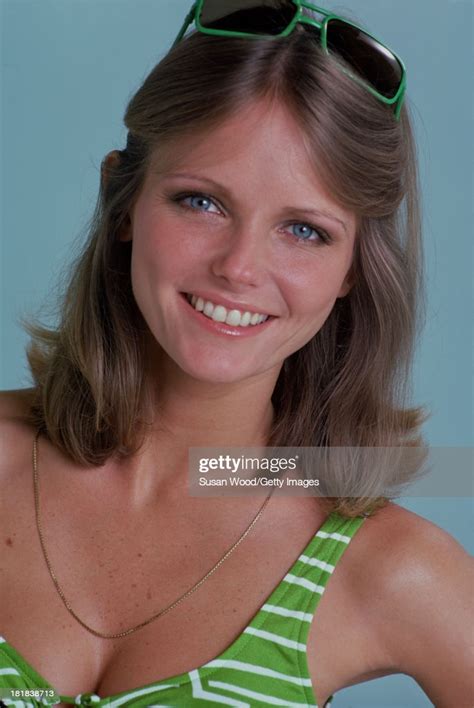A Quote by Alejandro Gonzalez Inarritu
The emotions of the actors are better when they understand the chronological factors that are adding to the story.
Quote Topics
Related Quotes
Understand that all emotions serve you. Those you once thought of as negative emotions are merely calls to action. For example, if you feel frustrated it means that you believe things could be better, and they're not. This is a call to action telling you there's something you must do to make this better now. This "negative" emotion is actually a gift if you use it effectively.
Creators, makers of the new, can never become obsolete, for in the arts there is no correct answer. The story of discoverers could be told in simple chronological order, since the latest science replaces what went before. But the arts are another story- a story of infinite addition. We must find order in the random flexings of the imagination.

